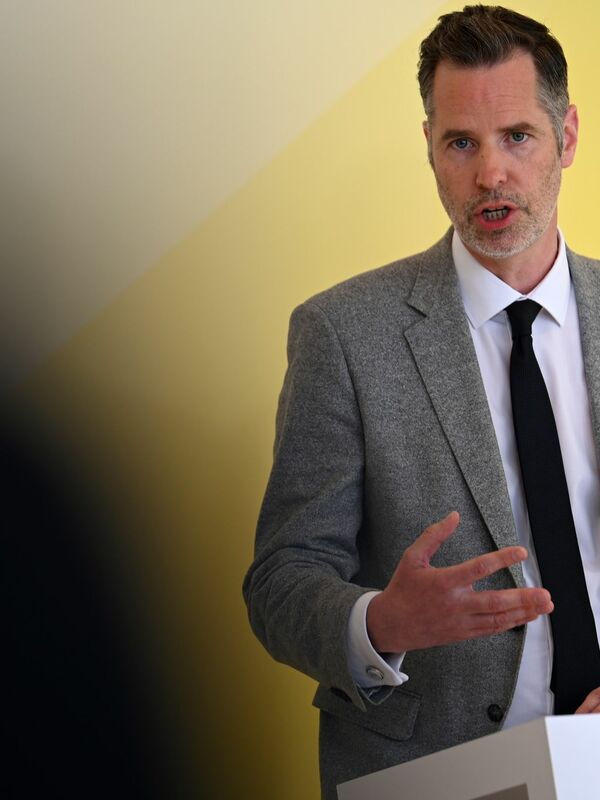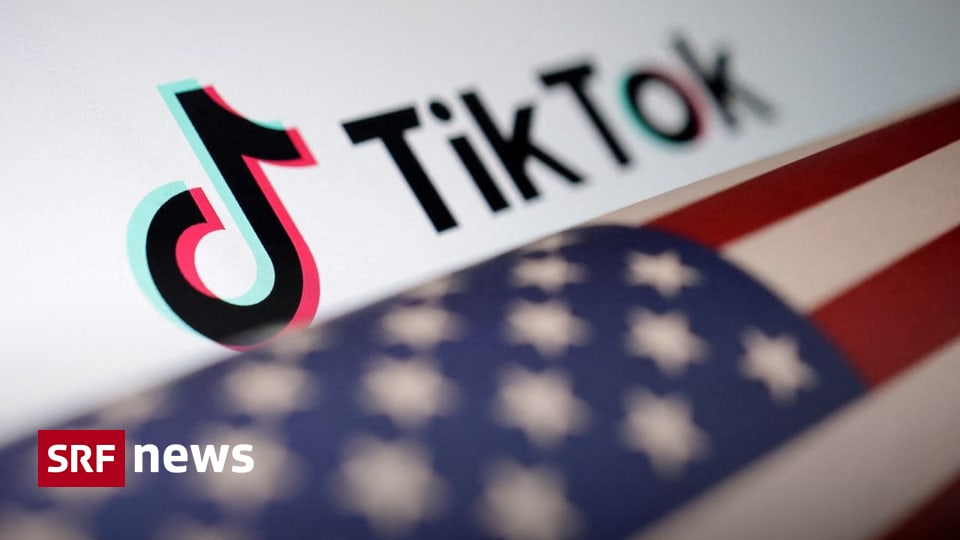The Academy of Sciences’ (ÖAW) first “scientific scale” paints a multi-layered picture of views and attitudes toward science. Although 30 percent of those surveyed had little confidence in the area, nearly 60 percent expressed interest in the topic. However, 37 percent of the study participants preferred “common sense” to scientific knowledge. On the other hand, only 37 percent feel they are well informed about the media.
In addition to the perceived skepticism faced by representatives of science and research in the context of the Covid-19 pandemic or in the topic of climate change, the relatively low level of interest in science that became apparent in the latest Gallup Eurobarometer survey was a spark in the study conducted on behalf of the Austrian Academy of Sciences. In the previous year’s Europe-wide Eurobarometer survey, Austria almost finished at the bottom – only Croatia had a lower value. Confidence levels were similarly low in Germany in 2021.
comparison
In a “Science Barometer” presented in Vienna on Wednesday, in which 1,500 Austrians were surveyed online and by phone in November, 30 percent of those surveyed said they trusted science a lot. Confidence is “rather” strong for another 40 percent. In Germany and Switzerland, 23 and 11 percent, respectively, responded to the same question in a “Science Barometer” recently published there, saying they had too much confidence. In Austria, 30% trust science a little, in Germany 37% in total, and in Switzerland 42% fall into this most skeptical group.
For ÖAW President Heinz Faßmann, the Austrian results show that one does not stand alone with a larger proportion of skeptics in German-speaking countries. In light of the data, the researcher and former Minister of Education is by no means happy. You have to “fight” for scientific knowledge to be taken seriously, there is no automatic approval.
However, he could not see “any division of the population” in the survey. There are slight effects of age – younger and older people tend to have a more positive attitude – and a bit of skepticism in cities. However, a look at the detailed results shows that trust wanes significantly among people from the less educated parts of the population and those with lower incomes.
While 42 percent of people with a high school diploma say they are “very confident,” only a quarter of the group “without a high school diploma” do. Among people with a net monthly income of less than 1,500 euros, the group of people who are not very confident is the largest at 46 percent.
a lot of effect
Confidence in the life experience of “ordinary people” is greater than the assessments of scientists, which met in “complete” agreement with a third of those questioned. A large percentage of respondents (34 per cent) also believe that scientists, politicians and businessmen are in union. A fifth believe there is “a lot of deception” and “manipulation” in science, while 19 percent think researchers are well-trained experts who can be “quite believable.” In general, about a third of those surveyed see science as part of the disapproving “elite”, explained Andrea Fronachütz, managing director of the Gallup Austria.
According to the survey, interest in the topic “science and research” is high among the population: on a five-part scale, 59 percent chose the two categories that represented the most pronounced interest. There was also high agreement with the statement that it’s important to be informed: 30 percent “completely agree” here. However, only eight percent of those surveyed feel they have been informed accordingly. 29 percent feel well informed. According to the survey, only eight percent expressed their “high satisfaction” with the media coverage of the topic, while almost a third expressed their “satisfaction”.
More information please
The population would like “more information on scientific topics,” Fronachütz said, and the findings would indicate that the scientific community and the media have a “duty to provide.” For Fassmann, given the discrepancy between interest and perceived exposure, it is “incomprehensible” that drafts of the new media promotion law do not include science journalists in editorial departments, unlike many other areas such as sports or culture. He doesn’t understand why, for example, an “evening of operetta” should get more airtime than developing miniature organs to research metastatic diseases. Fassman said, however, that this is “not a minority opinion.”
The results of the “Science Barometer”, which will be collected annually in the future, will be discussed more widely in the circles of many research institutions at the beginning of next year. The OeAW chair said that initiatives are needed to explain how the discovery of scientific knowledge differs from “common sense” in the field of children and young people before the end of compulsory school.

“Alcohol buff. Troublemaker. Introvert. Student. Social media lover. Web ninja. Bacon fan. Reader.”





More Stories
Up to 100 pilot whales stranded in Western Australia – Science
Huge radiation explosion from a magnetar – forschung.de
Principles and features of the folk nutritional principle